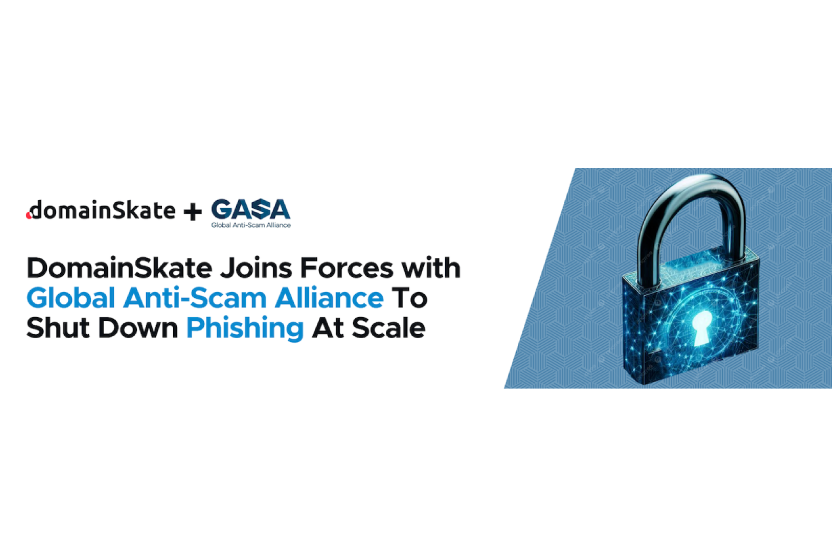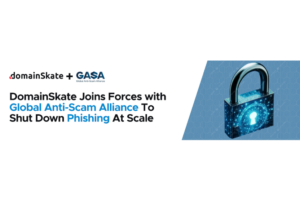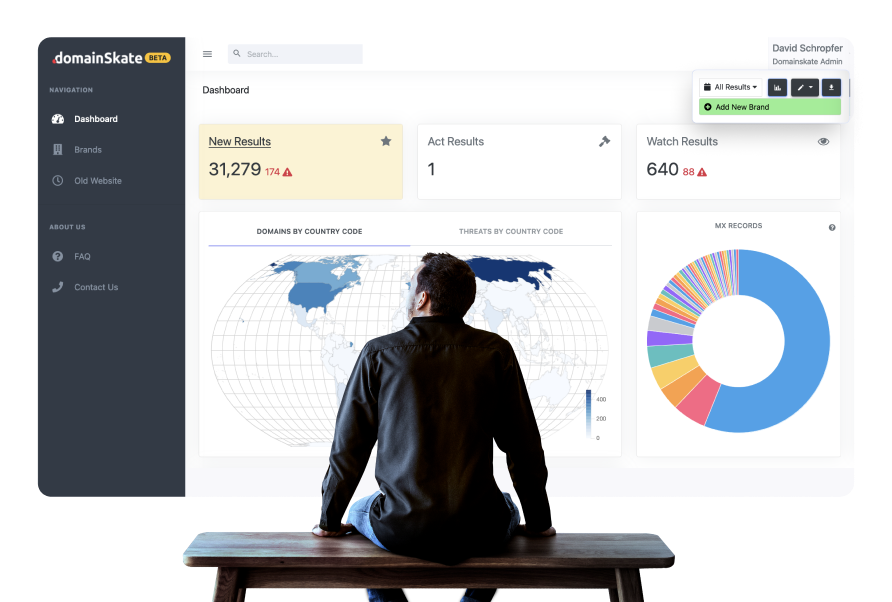Although it seems early, the 2024 political season is already in full swing. Races all over the country are heating up with large numbers of fundraising and organizing activities happening everyday. For every campaign, no matter if it is local or national, a domain name and website is critical for reaching constituents and raising money because online fundraising has become the most important way to raise money and keep people interested. The website Politico.com noted the importance of online fundraising and strategy, stating:
“Digital fundraising, which began as a forward-thinking tactic in the early 2000s and has become central to campaigning since then […].”
An article published on Axios during the last US presidential election , entitled “Tech takes over political fundraising”, explained that the rise of online donations was changing politics in the United States:
“Small-dollar political donations have exploded this campaign cycle, thanks in large part to technology that makes it possible for candidates to target potential donors with cheap ads and easy-to-use online donation platforms. Why it matters: A surge in fundraising for contributions under $200 has expanded the 2020 election field, propelling lesser-known candidates to the debate stage and political stardom. It has also brought more Americans into the political donation process than ever before.” [emphasis added]
Scammers are keenly aware of these facts and are working hard to take advantage of this by registering fake domain names that mimic popular candidates and Political Action Committees (PAC) websites. Last year more than $10 billion was lost to online fraud according to the FBI and impostor or look-alike scams were a large portion of this total. To keep your campaign and supporters from getting caught up in fraud that can cause serious pain we have put together a few best practices to follow:
- Register the domains your supporters know, and might use to reach you. At DomainSkate we like to think of domains as either assets or liabilities. If you are running a business the domain name that you use is an asset, as are any domains that link back to your main domain name. In politics, supporters might look for your campaign by looking for the candidates’ name, last name + the office they are running for. There also might be phrases or terms that are associated with the candidate – having those registered can provide valuable assets to your campaign and keep them out of the hands of competitors or scammers. Don’t register everything – it is entirely unnecessary – just know your campaign assets and make them work for you online.
- Be nimble. This seems obvious but if your campaign is gaining traction with a new slogan or phrase register it as a domain name if you can and link it back to your campaign. This will let you capitalize on search tools like Google. Competitors will be aware of what is working, and if you don’t grab it they certainly will. The domain name katieporter.info diverts traffic to the campaign website of Rep. Adam Schiff – and this is for a primary race for a Senate seat representing California.
- Watch what others are doing and the sites they are creating. News cycles and momentum will constantly change and new websites and scams will target your campaign as soon as they do. Know where your campaign name is being registered and what the sites are being used for. Some sites will just be registered and have nothing happening with them – those sites can/should be ignored. But those sites may not sit dormant for long – make sure you are watching them and know when they change. Quiet sites won’t stay quiet for long if they get into the wrong hands. They can also be effective launch pads for scams that can hurt the brand.
- PACs are important. PACs are entitled to use the name of a candidate in their title/name to raise money – even if they are not supported by that candidate. This is the product of a decision by a Federal Court in 2019 that said a federal election rule that limited the use of a candidate’s name to those actually supported by the candidate violated the First Amendment. Monitoring for scam PACs can limit the damage that these scam PACs can cause.
- A quiet domain is not necessarily harmless. A domain that does not have a website on it, or is just posting pay-per-click ads via Google Ads or a parking page can still be used to run a political scam. Scammers will often register a domain name and use it for its naming attributes and the ability to run email scams that use the domain name via that registration. A critical feature is whether the domain has an MX (mail server) tied to it. If it does, then the site may be in use as a phishing hub.
If you have a brand that is worth building it is also worth exploiting. A political campaign is only as good as its name and what it stands for, and keeping donations coming in and users from getting defrauded is critical to keeping that name untarnished. Contact us to find out how we can help keep your campaign safe, and out of the news for the wrong reasons.






